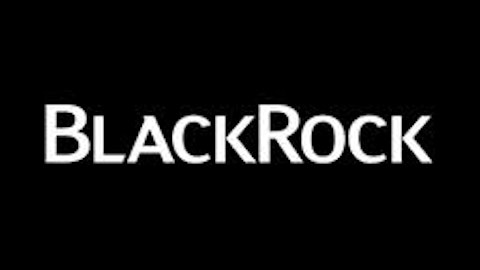If you’ve ever worked in retail like I have, you’re probably well aware that there’s nothing quite as fickle as the spending and buying habits of consumers. Shoppers are looking for that perfect balance of the newest fashion trends for themselves or their home at the lowest possible cost. It’s a game of chicken that some retailers have balanced successfully, while others have fallen flat on their faces.
Luckily for us, Brand Keys came out with its 17th annual report on its Customer Loyalty Engagement Index earlier this year that breaks down 375 of the most well-known brands into 54 categories and ranks these companies against their peers to determine which are the best at driving brand loyalty.
Today, I want to focus specifically on the retail sector, which Brand Keys has broken down into six separate categories. Not only do I want to highlight the achievements of these six top-ranking companies, but I also want to examine what got them to the top in the first place, so that we may determine if there are long-term growth drivers and advantages that these businesses are exploiting that might make them solid investments.
Apparel
Privately held J. Crew Group beat out a slew of other apparel companies to take the title of best brand loyalty in the apparel sector. This was somewhat surprising to me given that Abercrombie & Fitch Co. (NYSE:ANF)‘s three chains — Abercrombie, Abercrombie & Fitch, and Hollister — plaster their company name across many of their shirts, providing free, and essentially mobile, marketing. However, J. Crew has succeeded on two fronts: one, by offering fresh brands at reasonable prices, and two, by having one of the most visible non-paid endorsements in First Lady Michelle Obama, who is an avid J. Crew shopper.
Department store

Discount
Was there really any question here? Of course it’s Wal-Mart Stores, Inc. (NYSE:WMT), which has the clout to be able to undercut its competition on price. You often won’t find consumers clamoring to recommend Wal-Mart for its labor practices or customer service; however, you’ll find it nearly impossible to find a store with a bigger variety of products or more competitive pricing than Wal-Mart Stores, Inc. (NYSE:WMT).
Home improvement
To echo the previous statement, should anyone be surprised that the top name in brand loyalty in this category is The Home Depot, Inc. (NYSE:HD)?

Source: WestPortWiki, commons.wikimedia.org.
Home Depot is perfectly positioned to take advantage of growth on the consumer side of the business in terms of home remodels, as well as from the commercial side of the business thanks to a rapidly rebounding housing market. Home Depot has counted technological advancements, as well as more-skilled employees, among the reasons it excels with home improvement consumers.
Sporting and recreational goods
In sporting goods, Dicks Sporting Goods Inc (NYSE:DKS) ascended to the top of the list because its locations are convenient for consumers to get to, its prices are competitive, and it’s focused on reaching out to digital consumers through social media and apps. More interestingly, Dick’s app has a built-in GPS that will automatically help consumers identify the nearest store to them.

